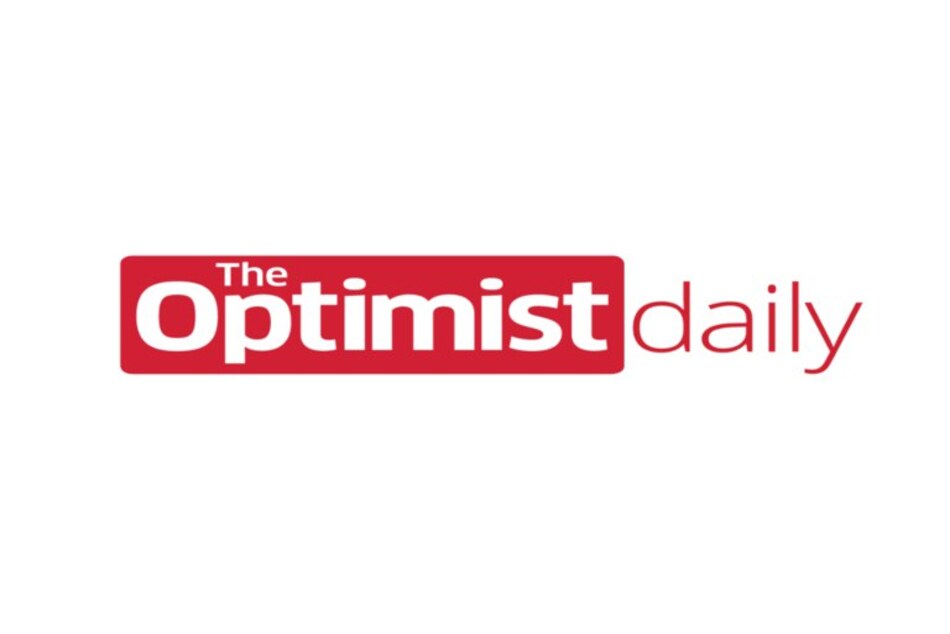One of the harsh realities of business in the 21st century is that it’s still upheld by slavery. Shocking as it might seem, over 40.3 million people globally are victims of modern slavery today, and at least 16 million of them are being exploited in the private sector. The US Department of Labor has identified over 100 goods presumed to be produced with forced or child labor around the world. That needs to change. It’s clear the business community must step up their role in the fight against modern slavery.
That’s why the Global Business Coalition Against Human Trafficking (GBCAT) was set up as a collaborative initiative to harness the power of business across sectors to reduce the incidence of modern slavery. The coalition works with major companies and has come up with three ways of combatting modern slavery:
- Enhance the capabilities of small/medium-sized enterprises (SMEs) to prevent and address modern slavery in operations and participate in responsible global supply chains. Modern slavery often lies deep in a company’s supply chain, particularly in the operations of SMEs.
- Enable businesses to support modern slavery survivors through employment opportunities and access to job skills training. By providing good jobs to ready and interested survivors of modern slavery, GBCAT aims to break the cycle of exploitation and prevent any re-exploitation of individuals.
- Provide resources and guidance to businesses in order to navigate the landscape of anti-slavery organizations, training, and tools. Even when businesses set the intention to eradicate modern slavery, they’re not always aware of the anti-human trafficking organizations that already exist.












